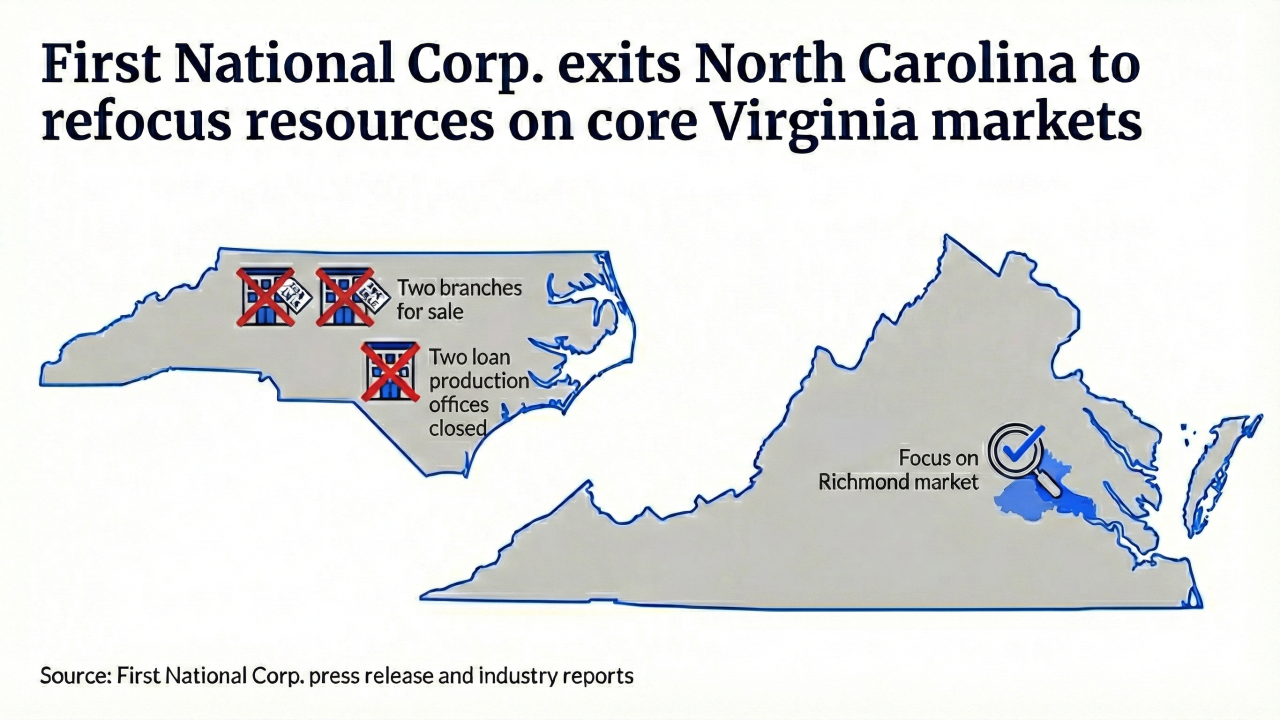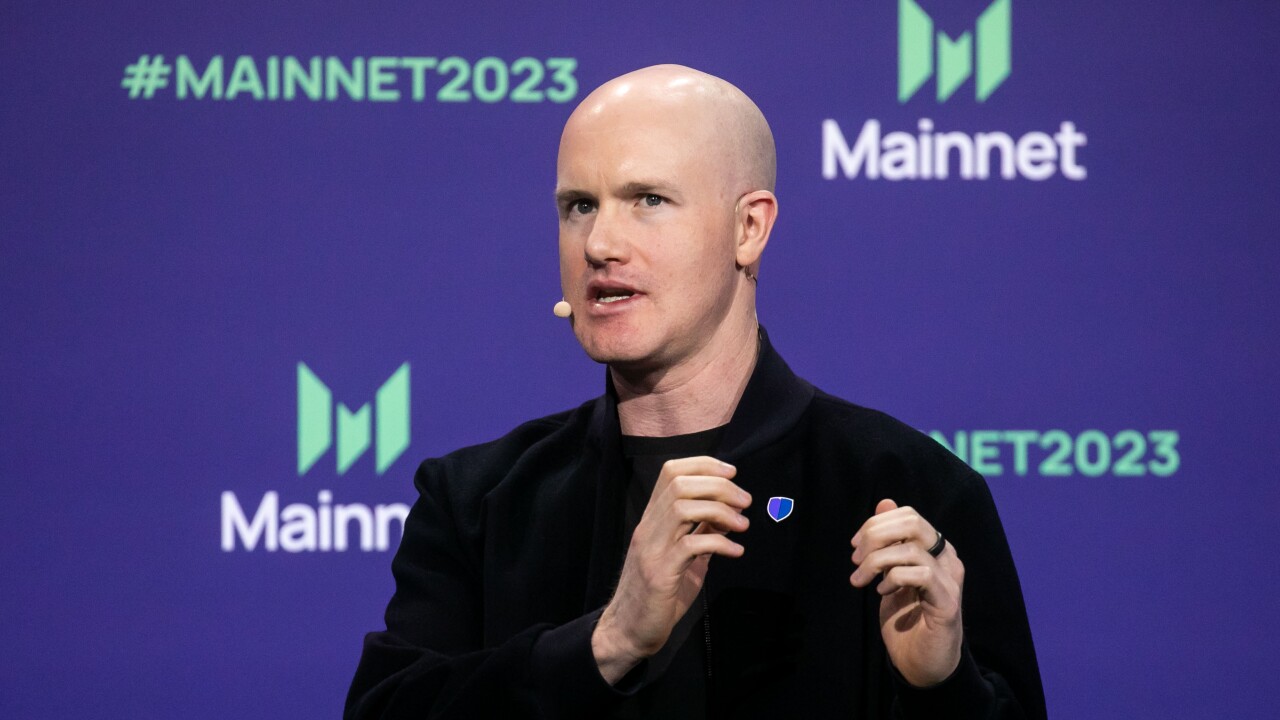In his materials to credit unions considering changing charters to a thrift and/or bank, Alan Therialut, president of CU Financial Services and the leading consultant on such conversions, includes a pitch extolling the financial rewards of such a conversion.
Under the heading, "Credit Union CEO & Directors Salary Imbalance is Corrected by Converting to a Mutual or Stock Bank," Theriault argues that credit union CEOs and directors are substantially underpaid compared to their bank counterparts.
"Correcting the compensation imbalance will require a broad based paradigm shift, starting with director compensation; after all, getting a raise from an unpaid director is destined to meet with resistance. Credit union regulators, too, may put up barriers. Daily talk about the 'non-profit structure' and 'service to members' influence a culture that promotes an artificial ceiling on management compensation," writes Theriault, who adds, "Members vote to convert to a stock bank because they are able to significantly increase their net worth by purchasing shares as part of the initial public offering (IPO). Directors and management are also able to access the IPO shares on the same basis. In addition, as incentive to remain on the team and deal with the challenges of stock ownership, directors and management share in a recognition and retention reserve (RRP) equal to 4% of the IPO. The ownership vests over a five-year period. For example, assume a credit union with $50 million in capital converts to a stock bank with an IPO amount of $100 million, directors would share a $2 million grant of stock, and management would receive an equal grant. Each member of a five-director board would get $400,000 in stock, vested over five years, at the IPO value. The directors would now have the incentive to increase the stock value for the benefit of themselves and the member owners that obtained shares in the IPO. Should management be able to successfully execute their business plan, the stock grants will increase in value; and a two-or three-fold increase to the $1.2 million range for each director is not out of the question. Directors also receive cash compensation, a retirement plan, travel benefits, and vote member proxies.
"In addition to the RRP, executives receive contracts with change of control provisions, retirement benefits linked to an Employee Stock Ownership Plan (ESOP), stock options, and typical cash and non-cash compensation," he continues. "However, executives face the greater workload and greater transparency that comes with being a public company. Members become more interested in the stock price than saving $5 per month in check fees. The pressure to deliver results comes from the board, members, and from personal conviction. But, the reward for performance could lead to a $10 million-plus ownership stake for a capable CEO. If the conversion is not made during the current tenure, the next CEO in charge may very well realize the value."
Save Columbia Credit Union, the group fighting the conversion of that CU, has posted the full text of Theriault's materials on its website at www.saveccu.com, or visit www.cufinancial.com.





